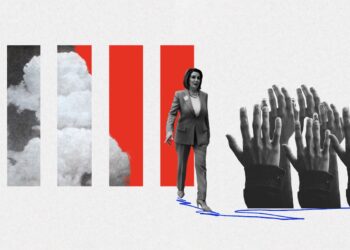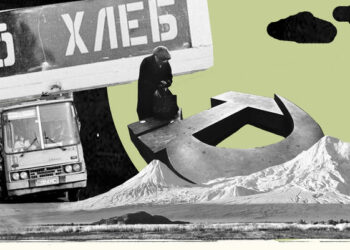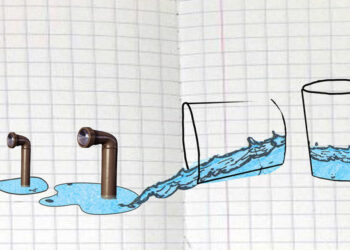New Canadian Embassy Signals Commitment to Support Armenia
More than three decades after Armenia's independence, Canada finally opened its embassy in Yerevan. Canada's first resident Ambassador Andrew Turner, a career diplomat, speaks to EVN Report's Maria Titizian about the journey to establish an embassy and Canada's strong commitment to support Armenia's democracy and security.





































